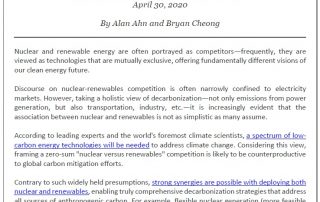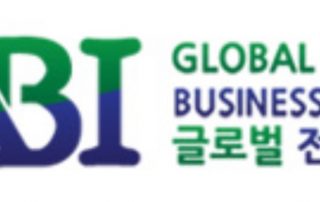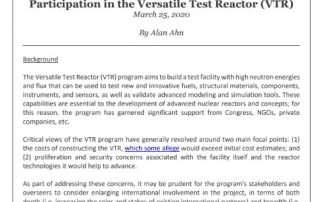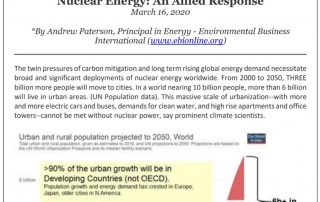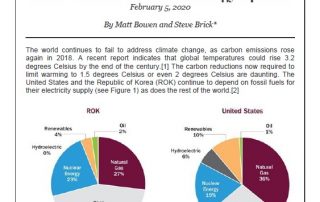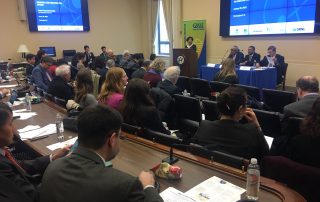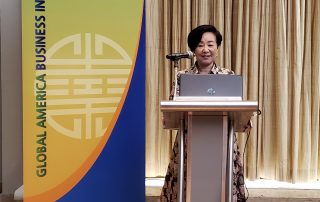Conversation with Rob Sweeney
https://www.youtube.com/watch?v=uX8hZchFw1o Rob Sweeney is an industry executive with decades of experience in nuclear and other energy technologies. For this podcast, he speaks on new reactors, coopetition in the global nuclear market, and 2050 clean energy goals
International Co-financing of Nuclear Reactors between the U.S. and its Allies (Virtual Event)
The high capital costs and financial risks associated with new-build nuclear plant projects necessitate innovative solutions, financing sources, and business models. One possible means of addressing some of these issues is the establishment of partnerships between the U.S. and its close allies to co-finance new nuclear construction. International cooperation in putting together comprehensive and attractive
Imperatives and Pathways for Advanced Nuclear Test Capabilities: The Case of the Versatile Test Reactor
As the global community moves towards cleaner energy generation sources, nuclear energy will play a larger role. Specifically, advanced nuclear offers a number of key characteristics that may solidify its significance as a large portion of the future energy mix, as it allows for more efficient fuel usage, improved passive safety, and improved economics among
Emerging Issues in the US-Korea Energy Partnership
The U.S. and South Korea have maintained a strong political alliance since the establishment of the ROK after World War II. There have been many manifestations of this alliance, including close cooperation in energy--R&D collaboration, industry integration, etc. The US-Korea energy partnership continues today in many ways, including advanced nuclear development, hydrogen and fuel cell

